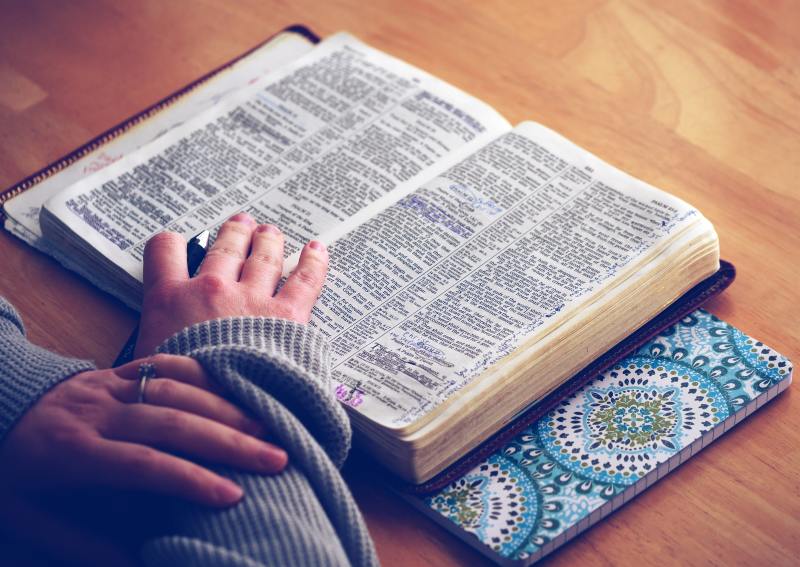
A second grader in Illinois had her Bible taken away because she was reading it and discussing it with her classmates during recess. The school eventually reversed their decision following a letter that "educated" them.
A report by Francis J. Manion of the American Center for Law and Justice (ACLJ), provides proof of the problem.
"We recently heard from the parents of Gabrielle, a second grader in Illinois," the report states. "It seems Gabrielle likes to bring her Bible to school and read it during recess. Sometimes she reads it aloud, and sometimes other kids listen in and talk with her about what she's reading."
"Constitutional crisis? It shouldn't be; but little Gabrielle had her Bible taken away by a teacher and was told, 'You just can't be doing that,'" the report continued.
The school called Gabrielle's parents and informed them that their daughter would not be allowed to read the Bible during recess. When the parents protested, the school reportedly eased down a little, allowing her to read it at recess outdoors but not inside. The school also stated that Gabrielle's reading has not been complained about by any student or parent of a student.
Gabrielle's parents contacted ACLJ, who promptly issued a letter to the school with the goal of educating the teachers.
"No threats. No demands. Just an amicable attempt to educate the educators," said Manion of the letter. "We let them know about the now half-century-old Supreme Court case of Tinker v. Des Moines Independent School District, 393 U.S. 503 (1969).
Manion explained that at that time, students in Tinker who donned black armbands on their sleeves to protest the Vietnam War were sent home and suspended from school. Eventually, the Supreme Court ruled in favor of the students, holding that children do not "shed their constitutional rights to freedom of speech or expression at the schoolhouse gate."
The ruling for Tinker and the like determined that a student cannot be barred from expressing his/her political or religious ideas unless the school has grounds to think that the "speech or expression will materially and substantially disrupt the school's work and discipline."
Through that letter, ACLJ was able to argue that in Gabrielle's case, there was no justification to punish a second grader for reading her Bible in the playground or in the classroom during recess since there was no evidence of disruption of the school's work, not even a complaint.
"We're happy to report that after reviewing our letter, the school thanked us for educating them and removed all restrictions on Gabrielle's reading," said Manion.
He went on to say that the ACLJ would continue to fight for students' right to religious freedom in the classroom. He also advised people to contact them if a student is being discriminated against because of his/her beliefs at school.
Lydia Booth's case
Lydia Booth, like Gabrielle, does not hold back when it comes to sharing her beliefs. She donned her favorite "Jesus Loves Me" mask to school because she wanted to share the love of Jesus with everyone.
"It makes me feel like I'm protected by Jesus. And it makes me think people will think it's a great mask, and that Jesus is a great God, and a great Savior," she said of her favorite mask.
Booth's "Jesus Loves Me" face mask was banned by her school citing a policy banning masks with political or religious messages.
Consequently, the Booth family sought help from Alliance Defending Freedom which filed a lawsuit against the school system on the young student's behalf.
























